Being a safe adult means that a child can trust you to be there for them when they need help.
Kids need to know they can come to you and talk to you about anything, and that you will offer guidance and support. Safe adult status matters more than just when it’s “crunch-time,” and there’s a problem. We need to cultivate this relationship long before anything bad happens so that it can actually help protect against future dangers. Be a safe adult now so that one day, if the time comes that they’re in trouble, your kids know immediately that they can reach out to you.
The Monique Burr Foundation for Children teaches kids that a safe adult is someone who:
- is an adult that can get them help if they’re ever hurt or unsafe.
- doesn’t break the 5 Safety Rules, or try to get the child to break them.
- the child feels comfortable with and can easily talk to about things that may be difficult to talk about.
- the child can trust to keep them safe.
You don’t need to be a parent to be a safe adult. You might be a teacher, coach, mentor, older sibling or anything else. The principles of safety are the same, even if the execution looks different. You are still the person the child can come to when they need protection. In this clip from Darkness to Light’s Protecting Children During a Crisis training, Ashley Cook describes what this can look like:
So how do you get to this point? Here’s some of the ways you can be a safe adult:
Set and maintain clear, protective boundaries.
- This is a crucial step because boundaries help us to respect each other and feel respected. A child who knows that you will respect (and even protect!) their boundaries will have an easier time trusting you to take care of them.
- It may help to have a Family Code of Conduct in place so that boundaries are easily defined. When someone crosses a boundary, you’ll know and be able to quickly intervene.
Develop Protective Bonds:
- Really listen when the child talks to you. Show them that you’re interested in their opinion; involve them in conversations and show them that their input is valuable.
- Participate in their favorite activities with them. Show them that you value their time and interests. Find creative and healthy ways to connect with them.
Talk openly and honestly about difficult subjects:
- This conversation looks different depending on how old the child is, but by discussing tough topics together you become the go-to “expert” for your child. Be clear that your child’s safety is of the utmost importance to you.
Being a safe adult looks different for every situations but it ultimately comes down to being trustworthy and ready to act in the child’s best interest.
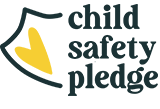


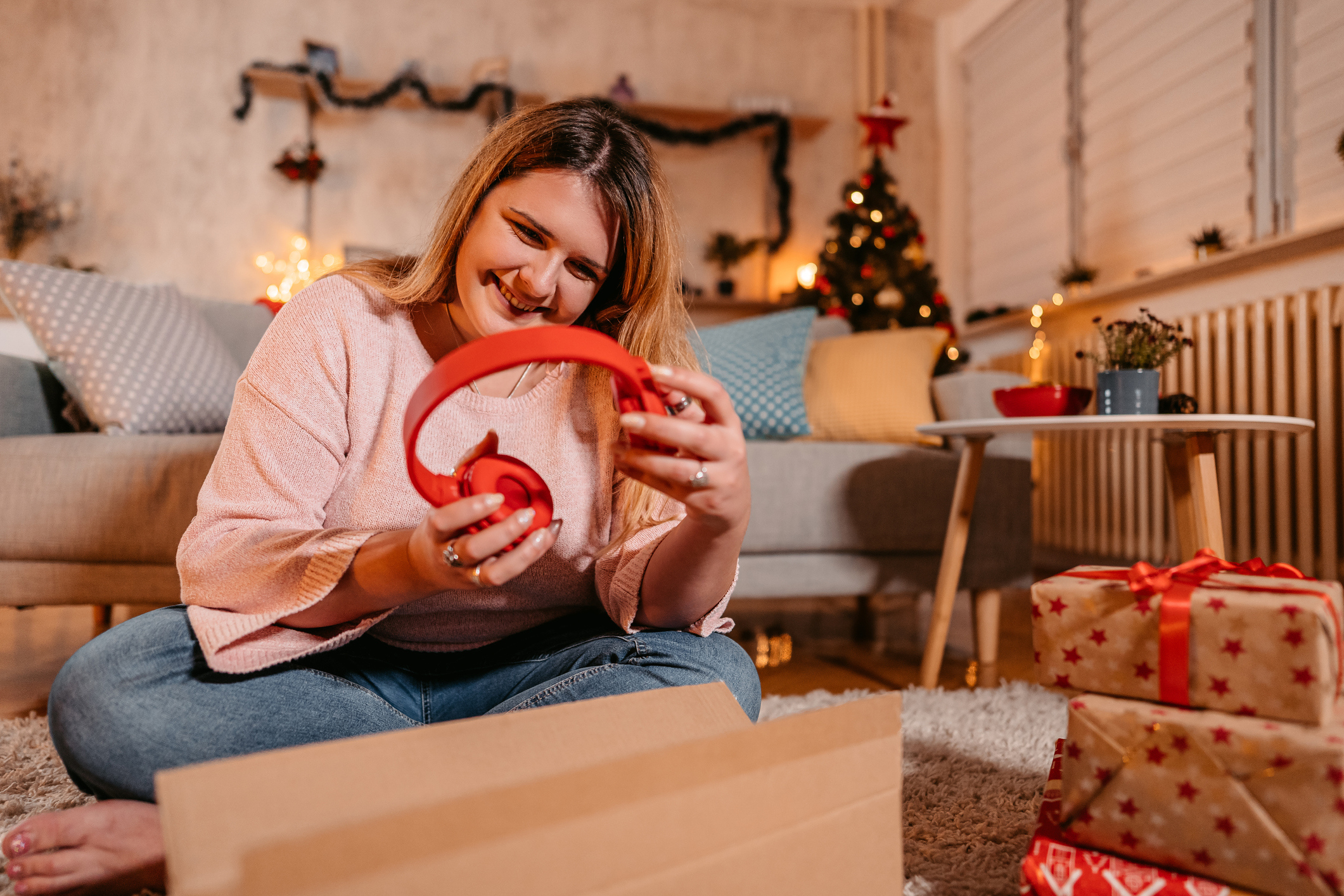
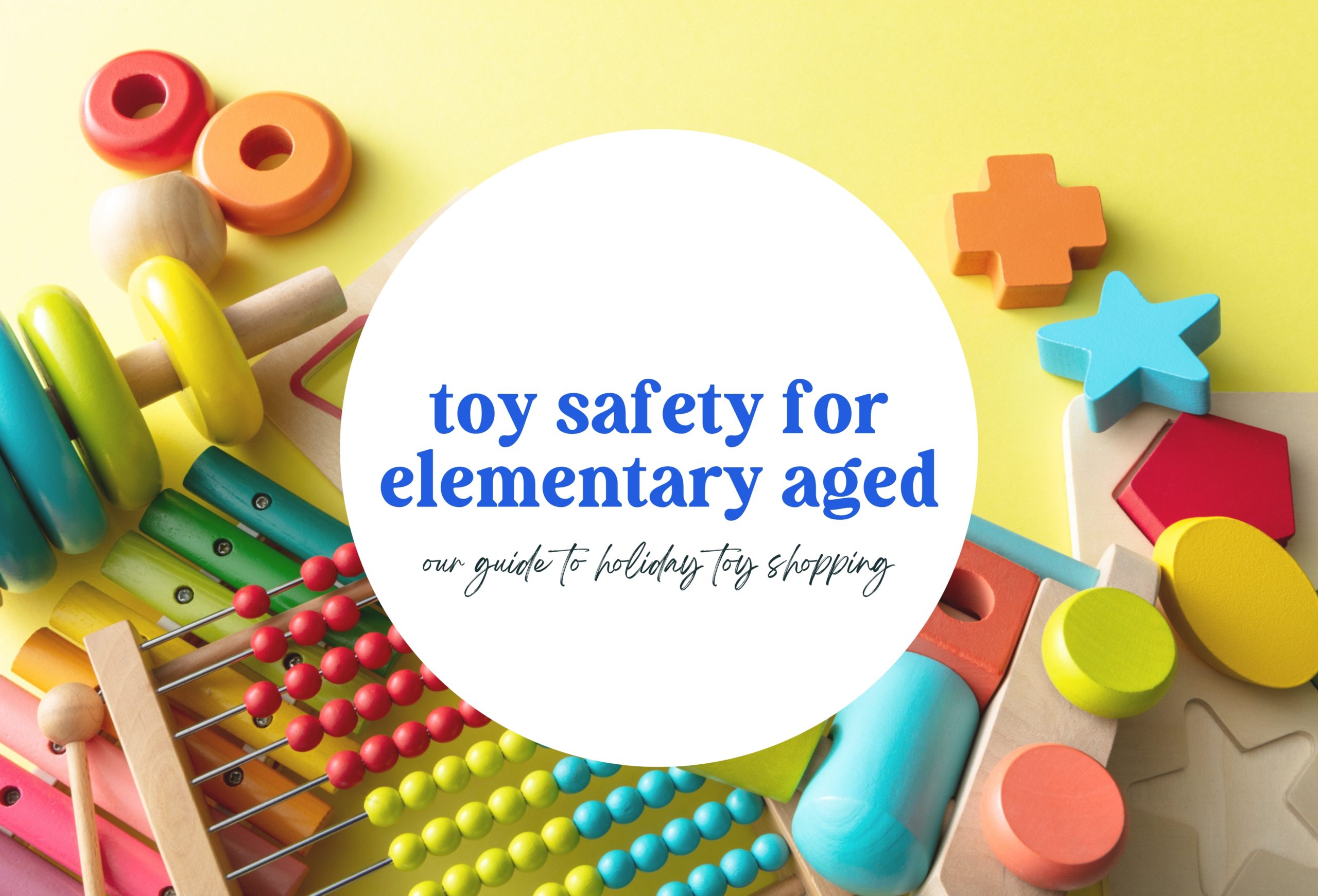
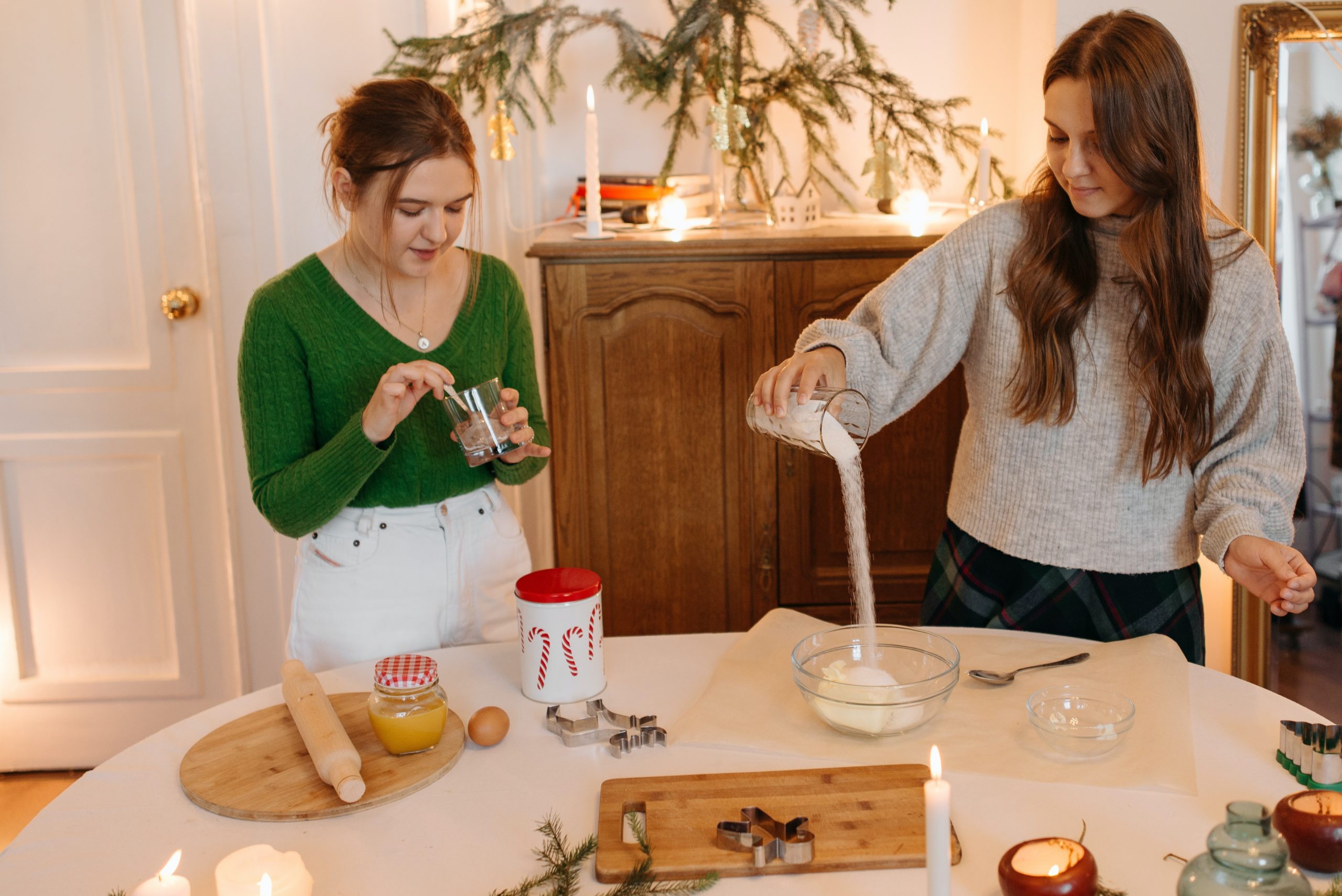
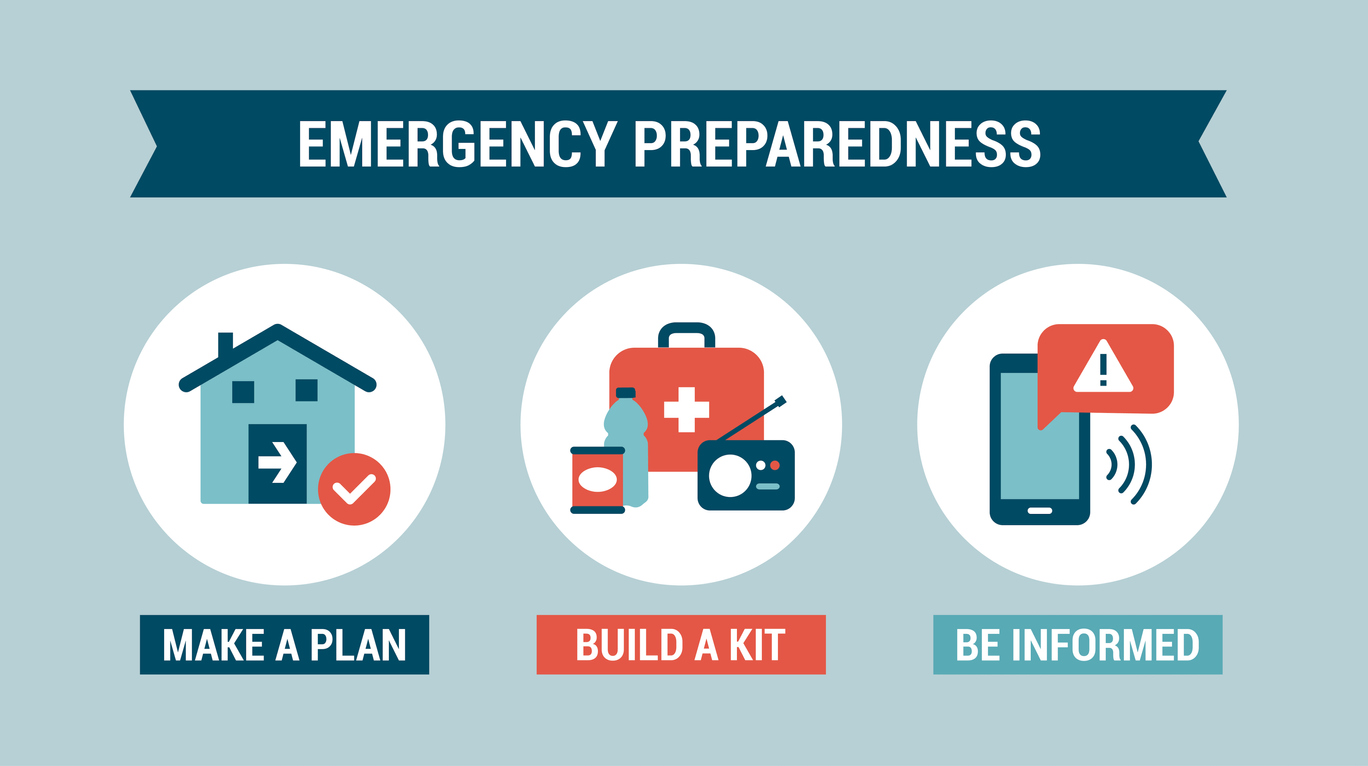
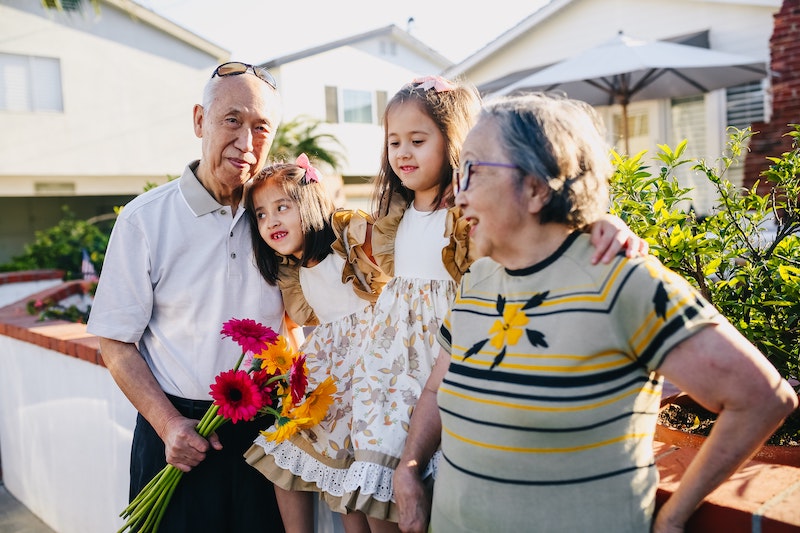
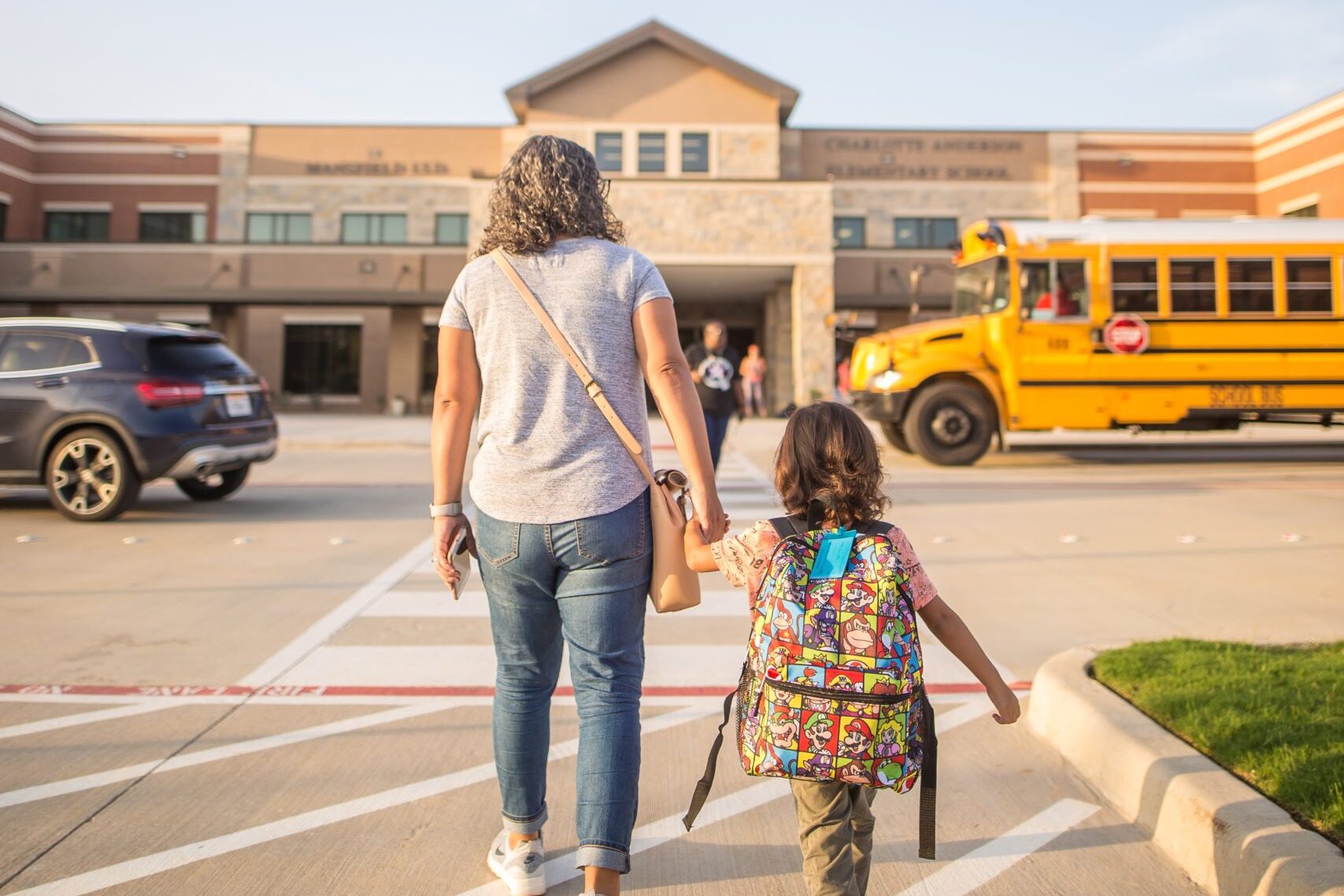



Comments are closed.